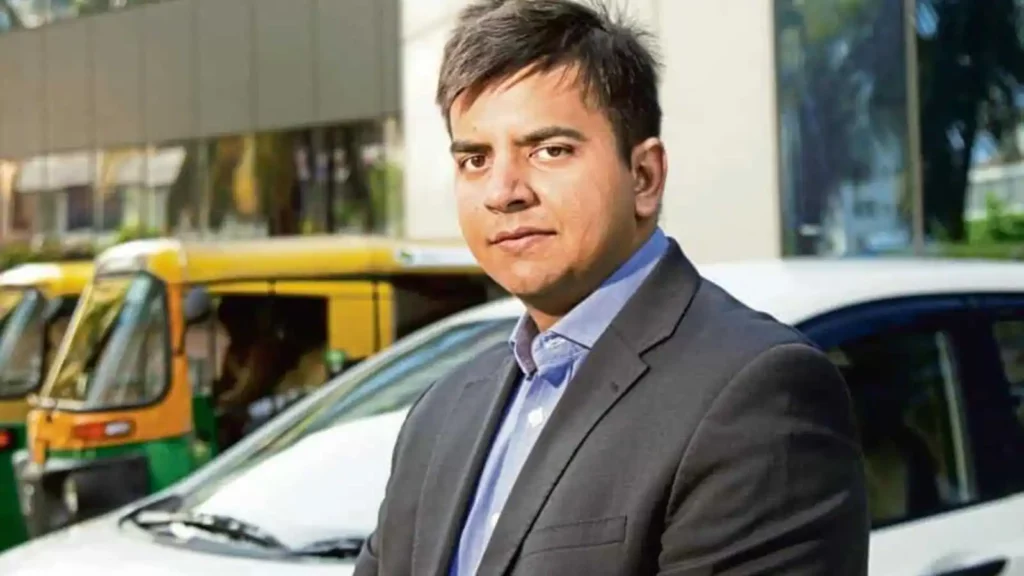According to Ola CEO Bhavish Aggarwal, Indian scooter market will most likely transition to all-electric in the next two years, and in order for that to happen, there must be the right products at the right cost structures, as well as supply chain availability.
“Today, Ola Electric is India’s No. 1 EV company by revenue, bigger than even four-wheeler EV companies,” says Aggarwal, who spoke with CNBC-TV18 on April 28 and discussed the electric vehicle (EV) scenario of India with a focus on Ola.
Ola’s journey from cab-hailing service to stalwart with three profitable businesses, according to Aggarwal, has been unlike that of its startup peers in the Indian scooter market.
“Today, Ola has three companies in the group. Ola Rideshare is the largest B2C in India that is very profitable. We are one of the few B2C companies to be profitable at scale in India. About four or five years ago, we started focusing on profits. As our business model is profitable, we were able to survive the COVID period. Then about three-and-a-half years ago, I started Ola Electric,” he said.
To differentiate itself from competitors in the EV segment, Aggarwal stated that Ola created a unique three-pronged business model that includes two-wheelers, cars, and its own fundamental cell technology, which Aggarwal claims no other OEM in India is currently developing to progress itself in the Indian scooter market.

“We started off with the two-wheelers, a scooter market. It was clear that the first product, which will get mass adoption, is the scooter because of the urban nature of the product. But eventually, the grand vision says to make all mobility electric. And that’s how the last one-and-a-half years played out. We’re only in scooters and planning to launch a few more scooter products over the next two quarters,” said Aggarwal.
By August 15, 2023, Ola hopes to have built a complete portfolio for the Indian scooter market for target customers ranging from premium to mid to mass. Aggarwal expects this to be a precursor to electrifying all of the country’s two-wheelers in the Indian scooter market. Though he admits that this sounds aggressive, he emphasises that Ola’s goal is to convert all of India’s two-wheelers to electric by the end of 2025, using technological innovations backed by its cell technology prowess.
In terms of Ola’s cell business, Aggarwal stated that the cell factory is under construction and will be completed by the end of this year, with a capacity of 100gWh (the same as the world’s largest cell factory, the LG cell factory in Poland).
Also Read:
- Jaguar Land Rover and its ambitions of becoming an EV giant: Realistic or far fetched?
- 2024 Tata Nexon might soon be heading towards its facelift